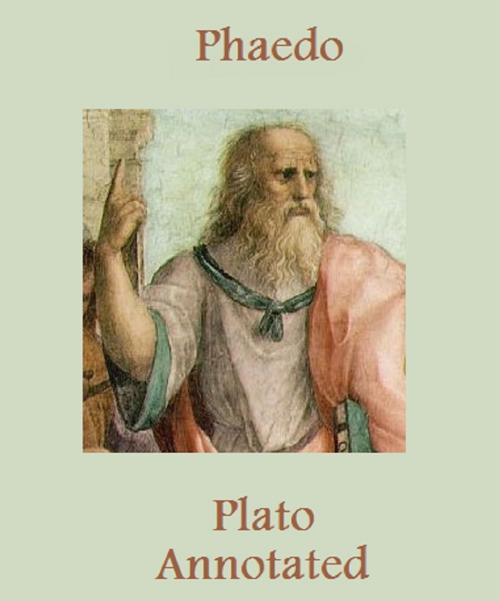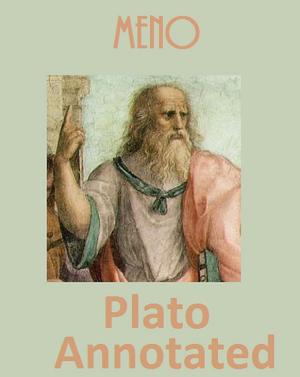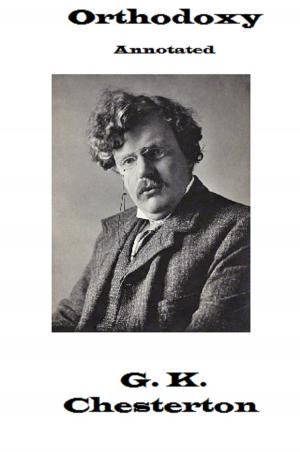Phaedo (Annotated)
Nonfiction, Religion & Spirituality, Philosophy, Existentialism, Free Will & Determinism, Ethics & Moral Philosophy| Author: | Plato | ISBN: | 1230000321518 |
| Publisher: | Bronson Tweed Publishing | Publication: | March 25, 2015 |
| Imprint: | Language: | English |
| Author: | Plato |
| ISBN: | 1230000321518 |
| Publisher: | Bronson Tweed Publishing |
| Publication: | March 25, 2015 |
| Imprint: | |
| Language: | English |
Plato's Phaedo, also known to ancient readers as Plato's On The Soul, is one of the great dialogues of his middle period, along with the Republic and the Symposium. The Phaedo, which depicts the death of Socrates, is also Plato's fourth and last dialogue to detail the philosopher's final days, following Euthyphro, Apology, and Crito.
In the dialogue, Socrates discusses the nature of the afterlife on his last day before being executed by drinking hemlock. Socrates has been imprisoned and sentenced to death by an Athenian jury for not believing in the gods of the state (though some scholars think it was more for his support of "philosopher kings" as opposed to democracy) and for corrupting the youth of the city. The dialogue is told from the perspective of one of Socrates' students, Phaedo of Elis. Having been present at Socrates' death bed, Phaedo relates the dialogue from that day to Echecrates, a Pythagorean philosopher. By engaging in dialectic with a group of Socrates' friends, including the Thebans Cebes and Simmias, Socrates explores various arguments for the soul's immortality in order to show that there is an afterlife in which the soul will dwell following death. Phaedo tells the story that following the discussion, he and the others were there to witness the death of Socrates.
This edition has formatted for your reader, with an active table of contents. It has also been extensively annotated, with additional information about Symposium and also Plato, including an overview, summary, and legacy, and biographical information.
Plato's Phaedo, also known to ancient readers as Plato's On The Soul, is one of the great dialogues of his middle period, along with the Republic and the Symposium. The Phaedo, which depicts the death of Socrates, is also Plato's fourth and last dialogue to detail the philosopher's final days, following Euthyphro, Apology, and Crito.
In the dialogue, Socrates discusses the nature of the afterlife on his last day before being executed by drinking hemlock. Socrates has been imprisoned and sentenced to death by an Athenian jury for not believing in the gods of the state (though some scholars think it was more for his support of "philosopher kings" as opposed to democracy) and for corrupting the youth of the city. The dialogue is told from the perspective of one of Socrates' students, Phaedo of Elis. Having been present at Socrates' death bed, Phaedo relates the dialogue from that day to Echecrates, a Pythagorean philosopher. By engaging in dialectic with a group of Socrates' friends, including the Thebans Cebes and Simmias, Socrates explores various arguments for the soul's immortality in order to show that there is an afterlife in which the soul will dwell following death. Phaedo tells the story that following the discussion, he and the others were there to witness the death of Socrates.
This edition has formatted for your reader, with an active table of contents. It has also been extensively annotated, with additional information about Symposium and also Plato, including an overview, summary, and legacy, and biographical information.















